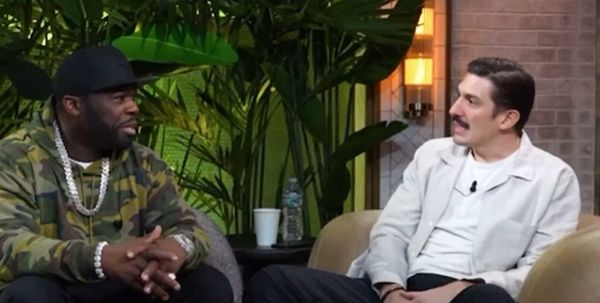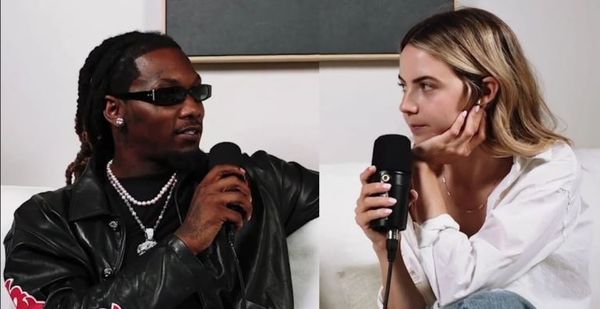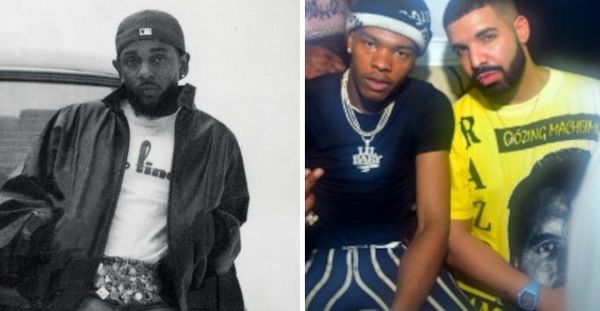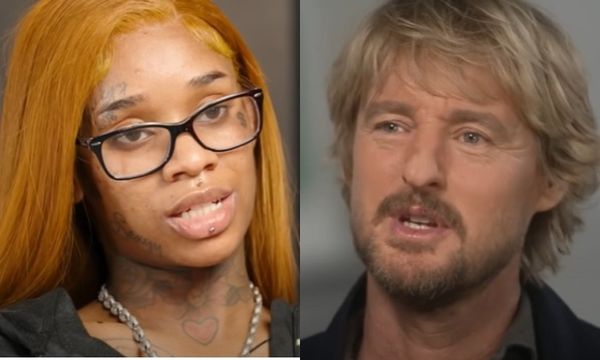San Diego-based emcee Tiny Doo (Brandon Duncan) has no criminal record. Yet, thanks to an obscure California law, he is facing life in prison because he cut an album that "benefits" from crimes committed by fellow gang members.
According to News10 in San Diego, Duncan has made his gang affiliation clear in his music, including his latest album No Safety. That's why last week he was one of 14 gang members facing attempted murder charges in a preliminary hearing, even though he is not actually tied to any of the crimes.
Prosecutor were able to include Doo -- who has rapped with Lil Wayne -- in the group because in 2000 California voters passed a law that allows for the prosecution of gang members if they benefit from crimes committed by other gang members. The state is arguing that Duncan's gang status helped him sell albums.
Duncan is the first person to be tried under the law. This week, a judge will decide if the case -- which involves nine shootings and carries with it penalties of up to life in prison -- goes to trial.
"It's shocking. He has no criminal record. Nothing in his lyrics say go out and commit a crime. Nothing in his lyrics reference these shootings, yet they are holding him liable for conspiracy. There are huge constitutional issues," said Brian Watkins, Duncan's attorney.
Thomas Jefferson School of Law professor Alex Kreit agrees with Watkins.
"Where does that end if that's the definition of criminal liability? Is Martin Scorsese going to be prosecuted if he meets with mafia members for a movie for his next film?" said Kreit. "The Constitution says it can't be a crime to simply make gangster rap songs and hang out with people that are committing crimes. You have to have more involvement than that."
 50 Cent Confronts Andrew Schulz Over his Threats To Make Kendrick Lamar His Girlfriend / News
News
50 Cent Confronts Andrew Schulz Over his Threats To Make Kendrick Lamar His Girlfriend / News
News
 Rubi Rose Ethers Myron After He Comes after Druski / News
News
Rubi Rose Ethers Myron After He Comes after Druski / News
News
 Bobbi Althoff Reveals True Feelings About Offset / News
News
Bobbi Althoff Reveals True Feelings About Offset / News
News
 Superhead Weighs In On JAY-Z Allegations / News
News
Superhead Weighs In On JAY-Z Allegations / News
News
 Lil Baby Comments On Kendrick Lamar Bringing Him Into Drake Beef / News
News
Lil Baby Comments On Kendrick Lamar Bringing Him Into Drake Beef / News
News
 Sexyy Red Responds To Owen Wilson Being Stunned At Her Rolling Loud Performance / News
Sexyy Red Responds To Owen Wilson Being Stunned At Her Rolling Loud Performance / News